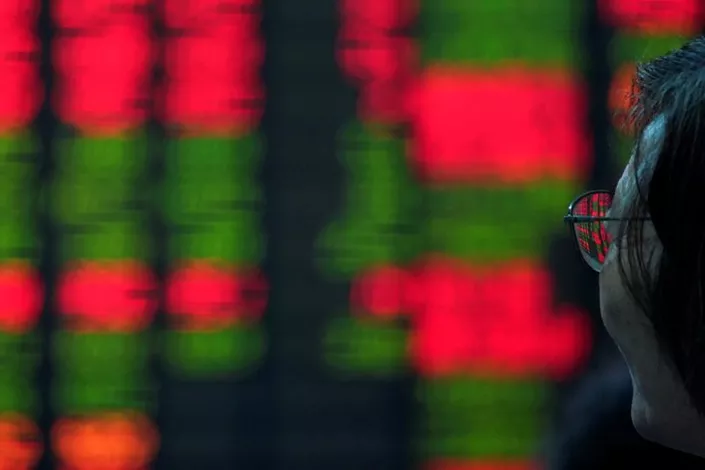Hedge funds, particularly those based in the United States, increased their investments in Chinese stocks last week, driven by optimism over potential progress in U.S.-China trade talks, according to Morgan Stanley.
The MSCI China Index gained 2.4%, while China’s blue-chip CSI 300 rose 1.9% ahead of a key round of trade negotiations held over the weekend in Geneva, Switzerland.
Morgan Stanley reported that U.S. hedge funds had “re-engaged” with Chinese markets, buying both Chinese stocks listed in the U.S. and domestic A-shares. This shift followed signs that a trade deal between the two countries could be within reach.
In contrast, hedge funds trimmed their holdings in most other parts of Asia, including Thailand, Hong Kong, India, and Australia.
Following the Geneva talks, both U.S. and Chinese officials gave positive statements, although markets are still waiting for concrete details on any preliminary agreement.
Prior to the meeting, U.S. President Donald Trump suggested he was open to easing trade tensions. He proposed lowering tariffs on Chinese goods to 80%, marking the first time he offered a specific rollback figure since raising tariffs to 145%.
Chinese markets had dropped sharply after the initial tariff hike but have since rebounded. Both the CSI 300 and Hong Kong’s Hang Seng Index are now near the levels seen on April 2, when the tariffs were first announced.
Despite the recent gains, hedge funds’ exposure to China remains well below previous highs, Morgan Stanley noted.
For many investors, China is still viewed as a short-term opportunity rather than a long-term commitment.
Michael Dyer, investment director at M&G Investments, said his firm recently increased its exposure to Chinese assets.
“We don’t have a better crystal ball for what’s going to happen in China,” Dyer said. “But at a certain point, the risk-return becomes too attractive to ignore,” referencing low global investor positioning and cheap valuations in Chinese equities.
Related topics:


